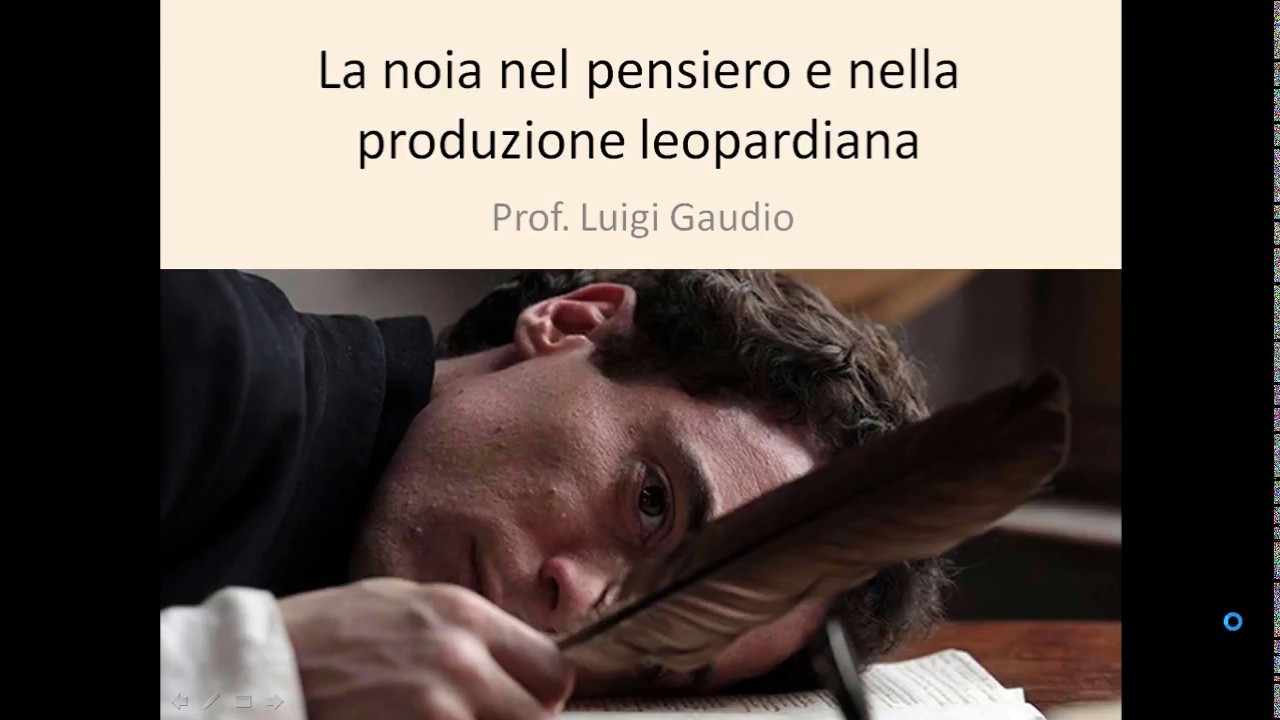
Fabio Rossi
27 Gennaio 2019
Alberto Bairati
27 Gennaio 2019In western literary tradition childhood is represented under different aspects. It is often seen as an happy age, which is contemplated in the adult age as a moment of complete innocence and thoughtlessness preceding the discovery the difficulties of life. This period can be associated with the mythic golden age, when mankind lived in harmony, according to the laws of nature. Such a trend is exemplified in the typical candour of some of the characters of the 18th-century novel or, in poetry, by William Blakes Songs of Innocence.
Childhood becomes a metaphor of the human faculty to see into reality: the image of the child who is father of the man” can found in Wordsworths poetry. The child can grasp the meaning of the universe thanks to intuitive capacities and the reminiscence of the existence before birth, not yet corrupted by reason.
4.2. William Wordsworth
4.2.1. Life
William Wordsworth was born in Cockermouth, Cumbria, in the English Lake District, the beautiful region near the Scottish border where he spent his childhood and most of his adult life and which was to become his main source of inspiration. He was educated at St John’s College, Cambridge, and in 1790 he went on a walking tour of France and the Alps. His contact with Revolutionary France filled him with enthusiasm for the democratic ideals which he hoped could lead to a new and just social order. He returned to France and fell in love with Annette Vallon who bore him a daughter, Caroline.
The brutal, destructive developments of the revolution and the war between England and France brought him to the edge of a nervous breakdown. The despair and disillusionment of these years were healed by the contact with nature, which he rediscovered in Dorset where he went to live with his sister Dorothy in 1795. She remained his most faithful friend: she constantly supported his poetry, she copied down his poems and recorded their life in her Journals which sometimes provide an interesting insight into the experiences which generated Wordsworth’s poems.
In the same year he moved to Somerset to be near Samuel Taylor Coleridge. Their friendship proved crucial to the development of English Romantic poetry: they produced a collection of poems called Lyrical Ballads which appeared anonymously in 1798. It opened with Coleridge’s Ancient Mariner ( T93-T96) and ended with Wordsworth’s Tintern Abbey ( T89). The second edition of 1800 also contained Wordsworth’s famous Preface ( T86), which was to become the Manifesto of English Romanticism.
In 1799 William and Dorothy settled in the Lake District and in 1802 William married a childhood friend, Mary Hutchinson, who bore him five children. In the following years Wordsworth wrote some of his best poems, which were published in two volumes in 1807. In 1805 he finished his masterpiece The Prelude ( T91), a long autobiographical poem in 14 books, subtitled “Growth of a Poet’s Mind”, which was published only after his death.
His reputation as a poet grew steadily and, in 1843, he was made Poet Laureate.
The last years of his life were marked by the growing conservatism of his political views and the decline of his creative powers. However, he continued to write poems until his death, in 1850, at the age of eighty.
4.2.2. Men and nature
William Wordsworth is interested not in the natural world but in the relationship between the natural world and the men; in fact one of the most consistent concepts in W. is the idea that man and nature are inseparable; man is an active participant in the natural world, so nature is considered by the author as a guide to the spiritual and moral life of man.
William Wordsworth describes the forms, shapes and colours of natural objects, but above all, he speaks about the inner force that permeates the natural world. This force allows to the man to have a development in the molar sphere and in the religious sphere too; the development of the mind correspond to the three ages of the man: childhood, youth and adulthood; in fact Wordsworth was most interested in the growth of his relationship with nature. During childhood the relationship between man and nature is characterised by joy and rapture of senses for the child in front of nature; in the youth the relationship with nature is founded on a physical experience associated with a little bit of rationality; in the adulthood there is a moral intensity too, because adult experience is mediated through mind and no more tough senses and instincts.
William Wordsworth thinks that childhood is the most important stage in mans life, because the childs emotions are retained in the memory: memory is the major force in the process of growth and it is essential for poetic creation too, because for Wordsworth the poetry is an emotion recollected in tranquillity”, so the poet have the emotions and the feelings (in front of nature), than he remembers his emotions (there is the recollection of the emotions) and, at the end, he writes the poem.
In the preface of his collection of poems W. speaks about poetry and the function of the author: the authors aim is to choose incidents and events from common life and to make them interesting through imagination , in fact the subject of the poetry is low and rustic life with essential passion and elementary feelings. The language of the poetry is the language used by common men though purified from its defects. Contemporary poets are separated from the sympathies of men and express themselves arbitrarily, so, compared with common men, the poets have greater sensibility, enthusiasm, tenderness, knowledge and a more comprehensive soul. Poetry is a spontaneous overflow of powerful feelings and is originated from an emotion recollected in tranquillity. The function of the poet is to give pleasure to the reader.
4.2.3. Childhood and memory
William Wordsworth thinks that childhood is the most important stage in mans life: What the child sees is both more imaginative and more vivid than the perceptions of the adult. The childs emotions are retained in the memory: memory is the major force in the process of growth and it is essential for poetic creation too, because for Wordsworth the poetry is an emotion recollected in tranquillity”, so the poet have the emotions and the feelings (in front of nature), than he remembers his emotions (there is the recollection of the emotions) and, at the end, he writes the poem.
Ø My heart leaps up”
This poem, published in 1802, belongs The Oxford anthology of English literature”.
|
The poem belongs to The Oxford anthology of English literature”.
It is just composed of a stanza of nine lines. The poem does not have a regular rhyme scheme.
Wordsworth describes the emotion that arouses in him the view of a rainbow: his heart jumps into his breast. He remembers that he saw the rainbow when he was a child , he sees it in that moment, and he will probably see it when he shall grow old, but if it cannot be possible he prefers to die.
At the line seven there is the most famous paradox of romantic poetry: the child is father of Man”.
Actually Wordsworth has a pantheistic idea of nature, so he believes in the free existence of the soul before birth. When we come to life we remember of that existence, an heavenly state in common with God, but the memory is stronger in children. So child is closer to God because he remembers life before birth better than adults. Child is father of Man because adults cannot remember that life before birth except when they see a natural event, for example a rainbow, which arouses them strong emotions: men can rediscover God in a state of ecstasy thanks to nature.
